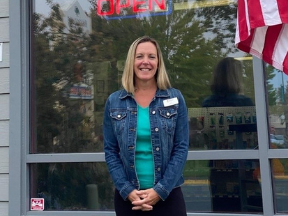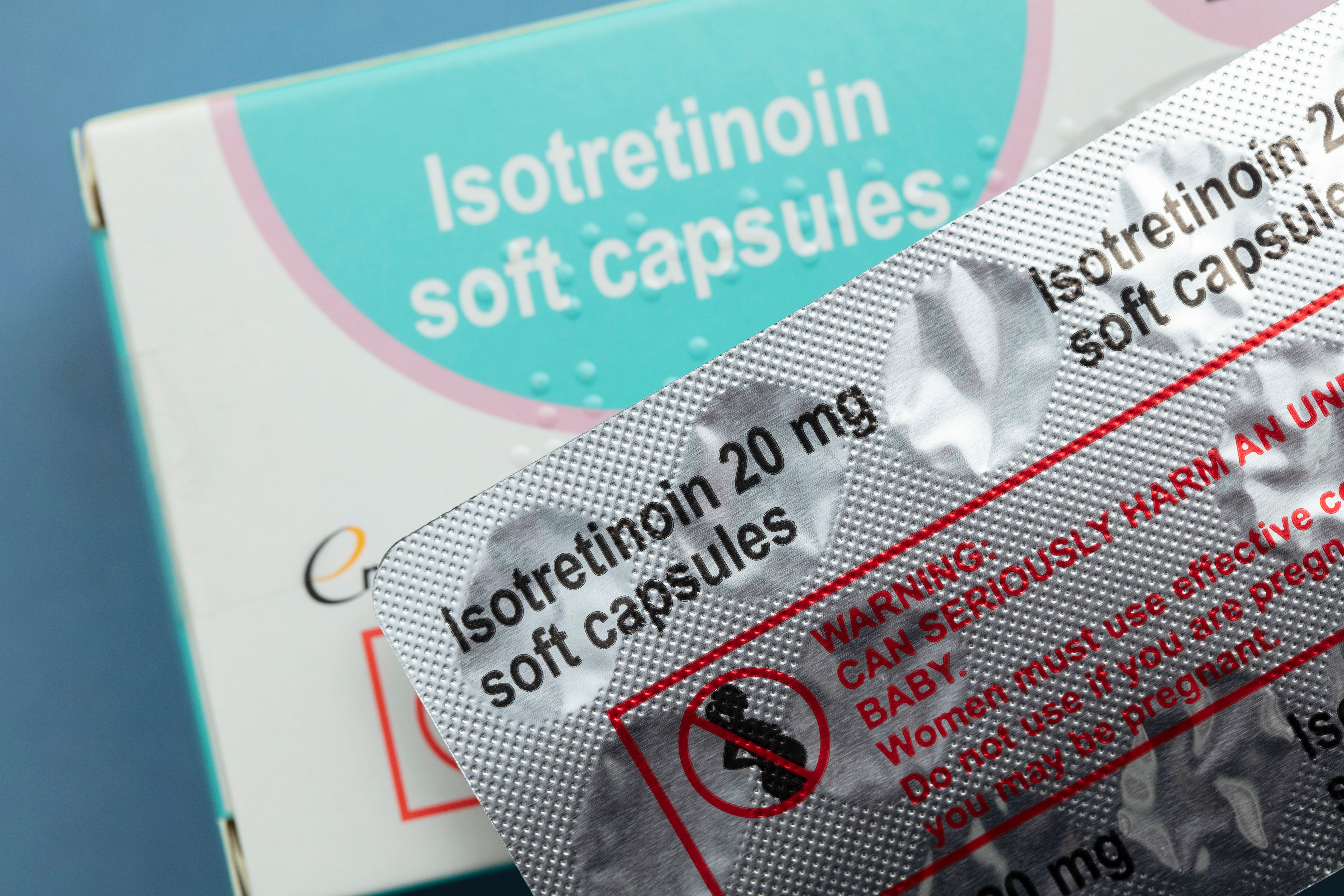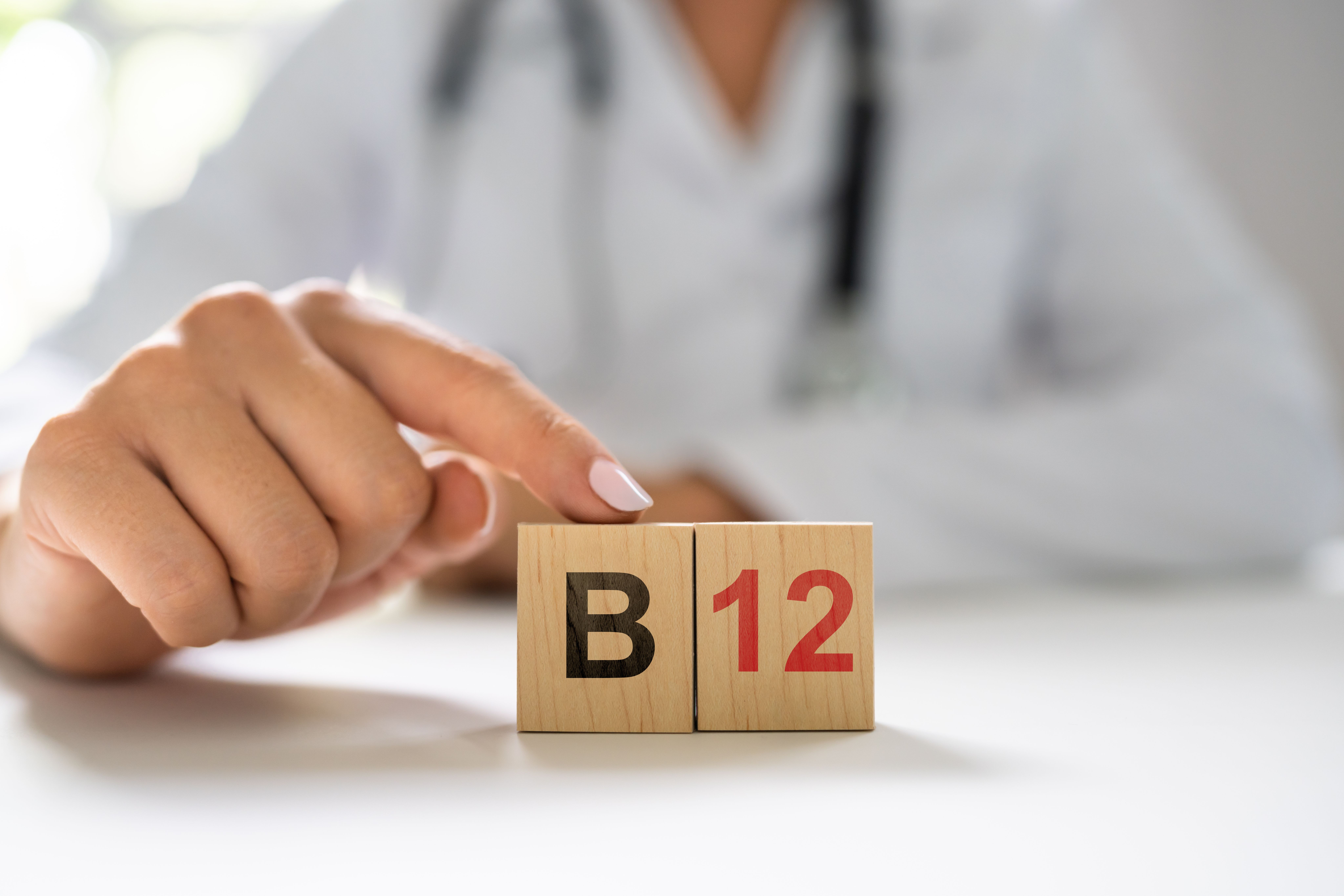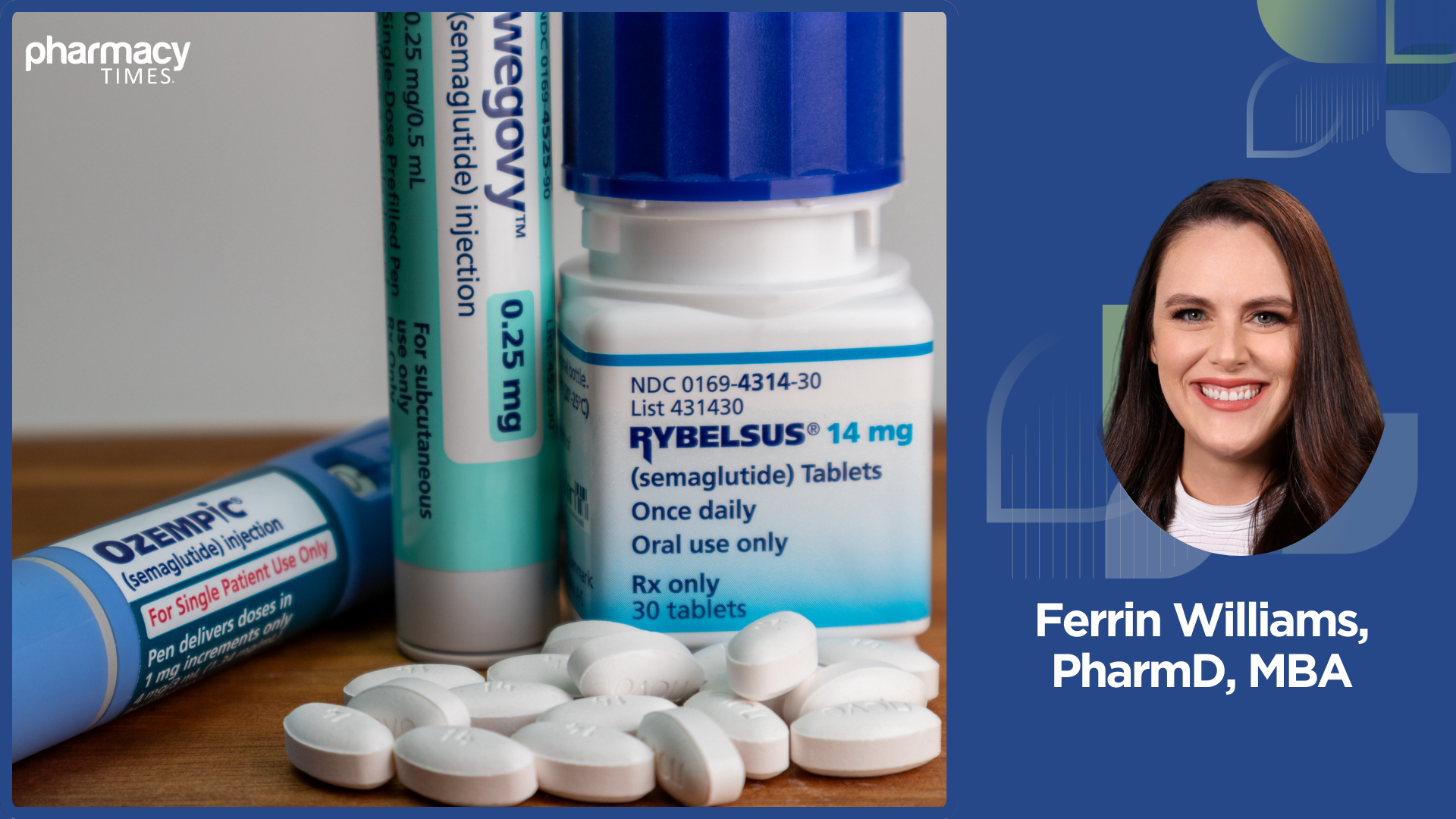
The official advocacy organization for pharmacist women in the United States
Pharmacist Moms Group™

45,000+ Members

Over 6 Million posts, comments and reactions in 2020

60,000+ Followers on social media platforms
The Largest Community of Women Pharmacists in the US

Founded in 2017, Pharmacists Moms Group was created to provide women pharmacists the opportunity to network, collaborate and offer genuine feedback in a closed-door, trusted setting. The organization has quickly grown to over 45,000 members and 60,000 followers on our social media platforms.

While we may not be able to control what happens to us, we can ALWAYS control how we respond. Working on self-awareness and self-improvement will certainly create positive habits to help you when you are stuck.

Read on to learn more about Jennifer’s path to pharmacy ownership, and to learn how COVID-19 and the Oregon wildfires have impacted her business.

Miss America 2020, Camille Schrier, has been a proud, self-described “science nerd” for as long as she can remember. We caught up with Camille to get a student’s perspective on the future of the profession.

The FDA declines to review Moderna’s mRNA flu vaccine filing over comparator choice, despite positive phase 3 results.

The updates allow for patients of reproductive-age to complete pregnancy tests at home during or after treatment.

The phase 3 ADRIATIC trial demonstrates that consolidation durvalumab following concurrent chemoradiotherapy improves survival while maintaining health-related quality of life.

Vitamin B12 supports cognitive health, corrects deficiency in pills or shots, and helps pharmacists guide smart vitamins and supplements choices.

Oncology pharmacists use MammaPrint to target anthracyclines in high-risk breast cancer, sparing others cardiotoxicity and severe nausea.

Learn how pharmacists cut GLP-1 costs, streamline prior authorizations, guide safe switches, and bust social media myths for lasting adherence.






.png)



